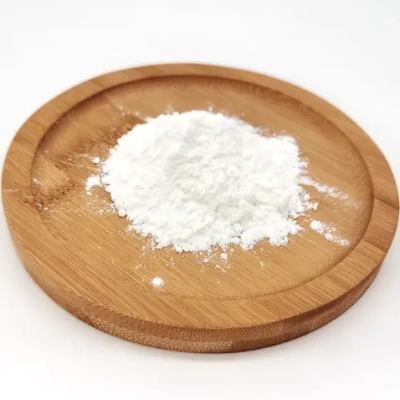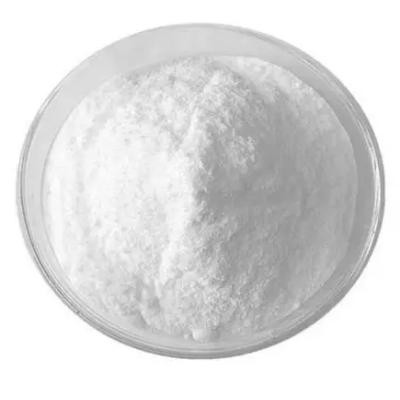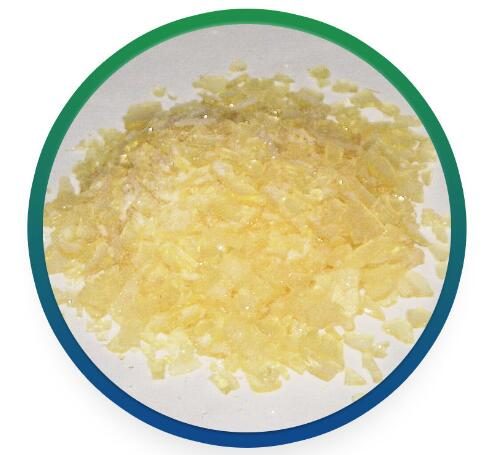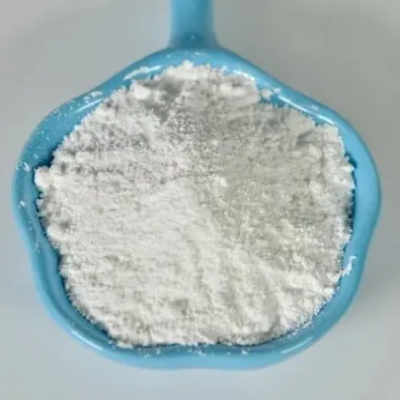1,2,3,6-Tetrahydrophthalic Anhydride CAS:85-40-5
1,2,3,6-Tetrahydrophthalic Anhydride (THPA) is widely utilized across various industries due to its significant role as a chemical intermediate. One of the primary applications of THPA is in the production of unsaturated polyester resins. These resins are crucial in manufacturing fiberglass-reinforced plastics, which are extensively used in automotive parts, marine vessels, and construction materials. The incorporation of THPA into these formulations enhances the mechanical strength, flexibility, and thermal resistance of the final products, making them suitable for demanding environments. In addition to polyester resins, THPA is also employed in the formulation of alkyd resins, commonly used in paints and coatings. Alkyds containing THPA exhibit improved drying times and durability, ensuring long-lasting finishes that can withstand exposure to moisture and UV light. This property is particularly beneficial in architectural and decorative coatings, where aesthetic appeal and longevity are essential. Furthermore, THPA is an important component in epoxy systems, contributing to their excellent adhesion properties and chemical resistance. Epoxy formulations utilizing THPA find applications in electronics, automotive, and aerospace industries, where reliable performance is critical. Moreover, THPA is used in the production of plasticizers and additives, enhancing the flexibility and processability of various polymers. Its compatibility with other materials allows for tailored formulations that meet specific performance requirements across multiple sectors. Overall, the versatility of 1,2,3,6-Tetrahydrophthalic Anhydride positions it as a vital ingredient in creating high-performance materials that cater to the needs of modern industry and technology.



| Composition | C8H9NO2 |
| Assay | 99% |
| Appearance | white powder |
| CAS No. | 85-40-5 |
| Packing | Small and bulk |
| Shelf Life | 2 years |
| Storage | Store in cool and dry area |
| Certification | ISO. |









